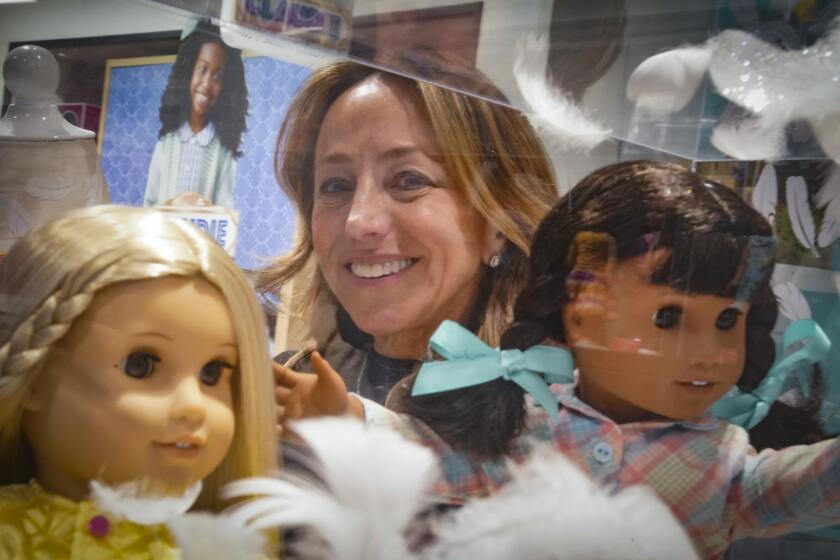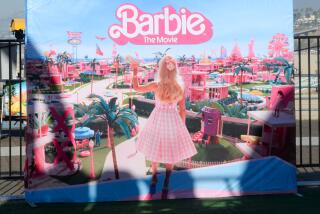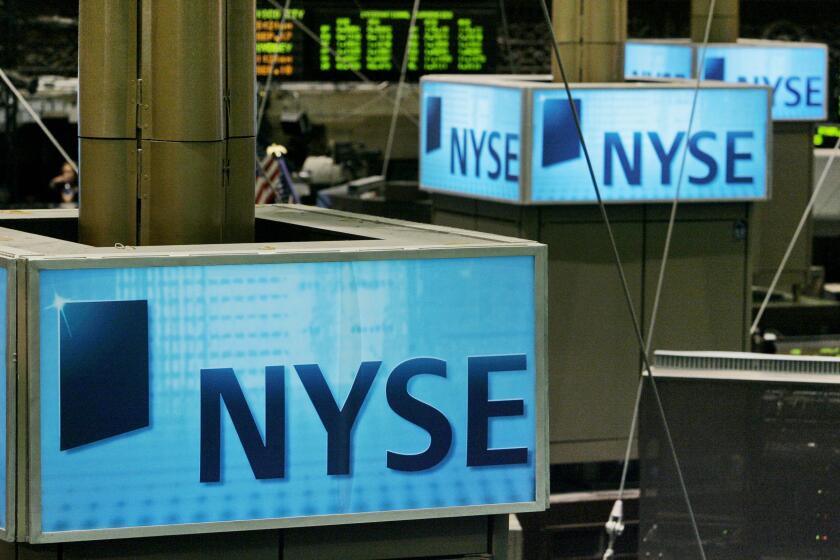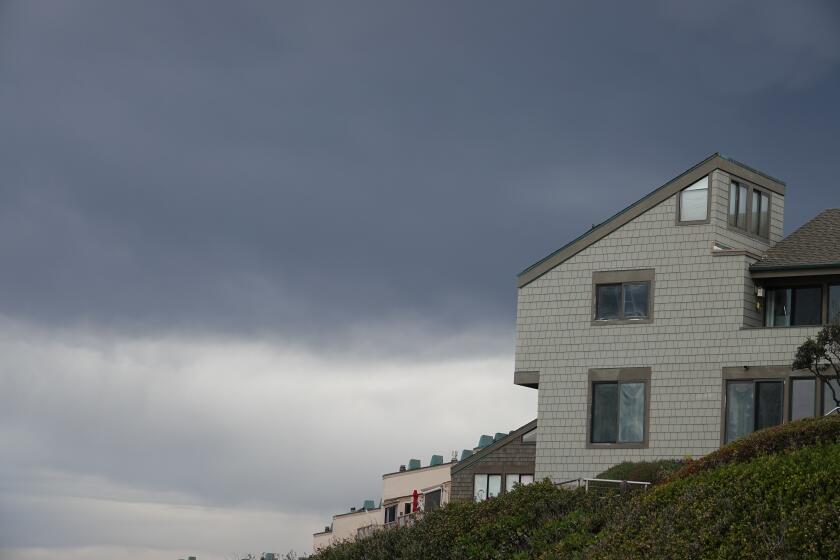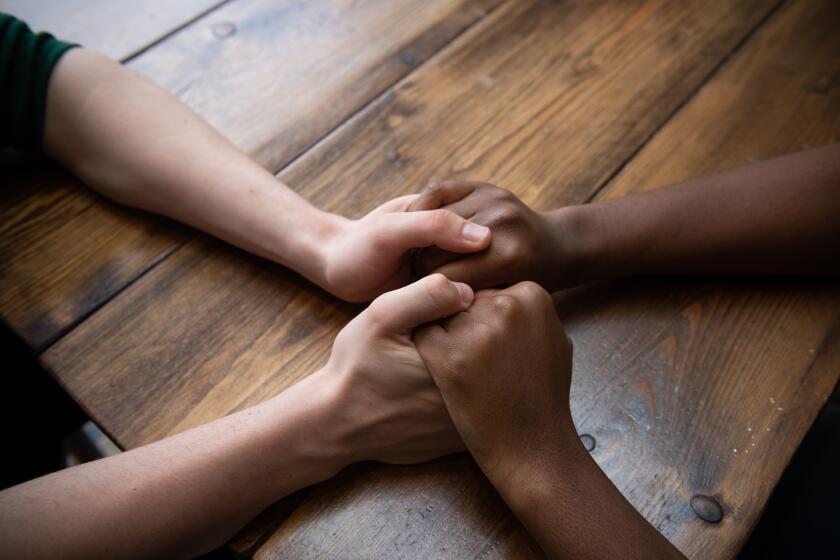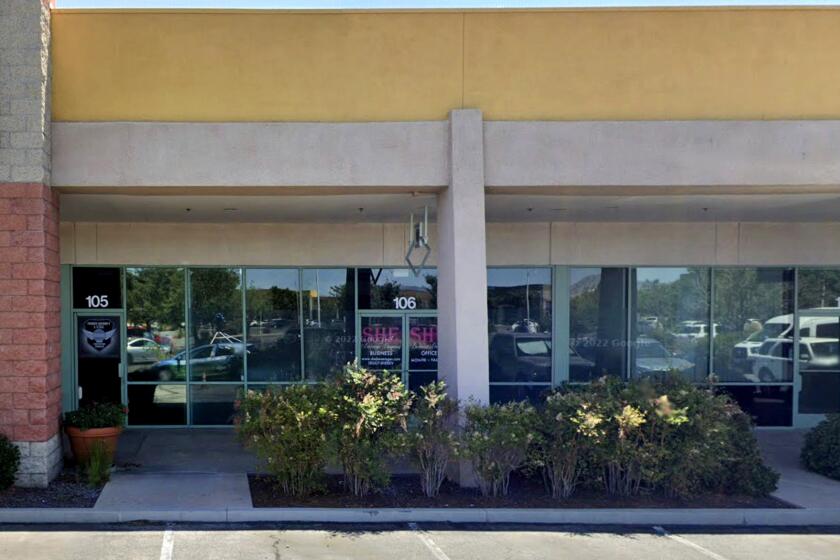War in the toy aisle: Squishmallows and Build-A-Bear sue each other over ‘copycat’ accusations
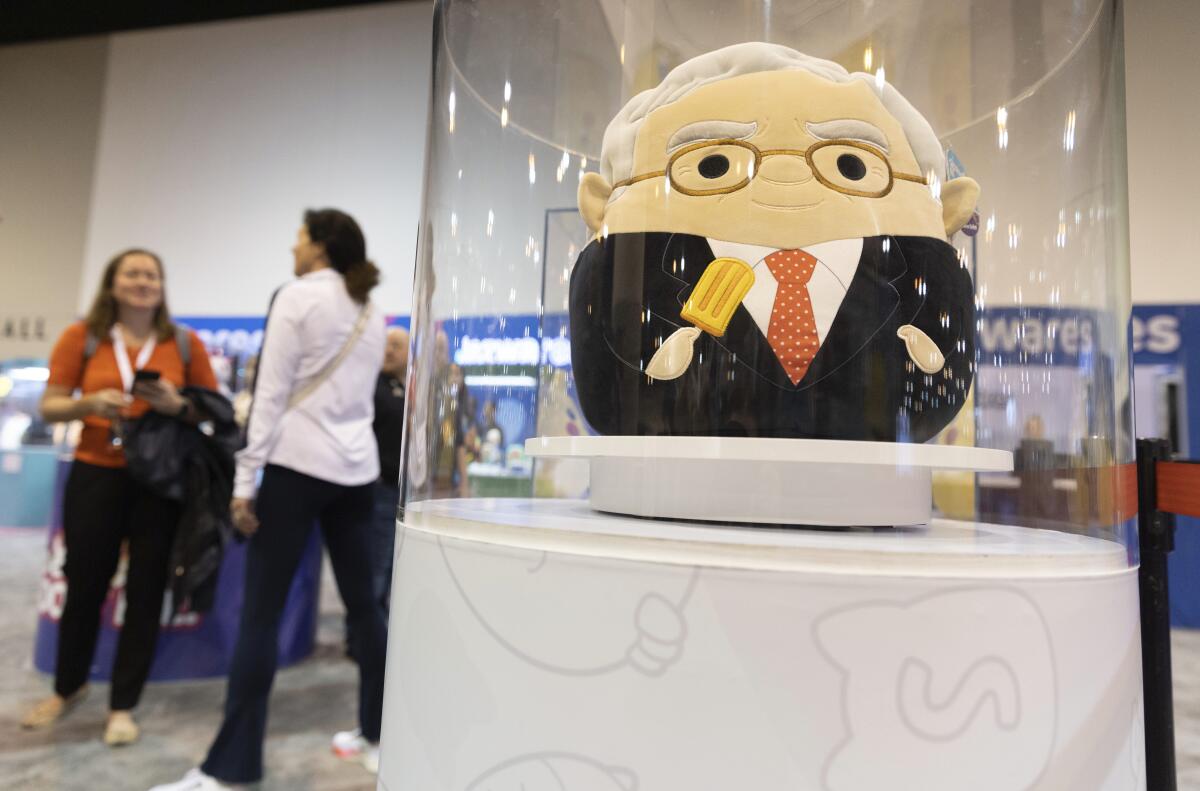
The popular Squishmallows come in a variety of squeezable characters, including a likeness of billionaire investor Warren Buffett that was sold to shareholders at the 2023 annual meeting of Berkshire Hathaway.
It turns out there are lots of sharp elbows in the plush toy business. Build-A-Bear and the makers of Squishmallows are facing off in federal court.
Kelly Toys and its Berkshire Hathaway-controlled parent company Jazwares have sued Build-A-Bear, saying its new Skoosherz toys copy the look and feel of their mega-popular Squishmallows products.
The Skoosherz line, which Build-A-Bear began selling last month, has the “same distinctive trade dress” of Squishmallows, the complaint filed Monday says, pointing to similarities in shape, face style, coloring and fabric.
“If a picture is worth a thousand words, comparing the Squishmallows original products to Build-a-Bear’s copycats speaks volumes,” Moez Kaba, an attorney representing Kelly Toys and Jazwares, said in a statement. The companies will “vigorously defend” their intellectual property rights, he added.
Jazwares is seeking unspecified damages and for Build-A-Bear to stop selling Skoosherz products.
Wham-O, the Frisbee and Hula Hoop toy company founded by two USC grads, is 75 and embracing nostalgia while striving for relevance with a new generation and their dogs.
But Build-A-Bear clapped back with its own lawsuit Monday, claiming Skoosherz does not infringe on the Squishmallows makers’ rights. It wants a declaratory judgment saying that the Squishmallows makers’ claimed trade dress rights are invalid and unenforceable.
The St. Louis-based retailer says Skoosherz products are based on its own original plush animals, “which have been sold for a number of years.” The lawsuit notes that products from other companies using features laid out in Jazwares’ complaint were around long before Squishmallows were created.
“If each aspect of the claimed trade dress were in fact protected trade dress, it would be virtually impossible for competitors to create alternative designs,” Build-A-Bear added. It said Squishmallows’ own line has also evolved and is not always consistent.
Squishmallows, which debuted in 2017, have skyrocketed in popularity. According to market research firm Circana, the brand’s 8-inch plush assortment was the top-selling toy in the U.S. last year.
In addition to growing sales, Squishmallows have also become a sensation online. Celebrities such as Kim Kardashian and Lady Gaga, for example, have shared images of their collections on social media.
In a Tuesday statement, Jazwares accused Build-A-Bear of going “great lengths” to capitalize on Squishmallows’ success.
Long before the pandemic, many adults turned to toys from Legos to collectible items to tap into their inner childhood for comfort
Jazwares’ lawsuit, filed in U.S. District Court in California, added that Skoosherz’s look, name and marketing has already confused consumers — leading to a potential losses in sales.
Build-A-Bear pushed back with its own complaint, which was filed federally from Missouri, saying it does not seek to mislead consumers and that “there is in fact no actual confusion.”
Skoosherz’s January launch arrived in anticipation of Valentine’s Day, Build-A-Bear added.
Neither Build-A-Bear’s attorneys nor the company itself immediately responded to requests for further comment Tuesday.
This isn’t the first legal battle over Squishmallows. In December, Kelly Toys also sued Chinese e-commerce giant Alibaba, alleging that its online platforms were used to sell counterfeit Squishmallows.
Jazwares’ parent is Alleghany Corp., an insurance giant controlled by Warren Buffett’s Berkshire Hathaway. Buffett did not immediately respond to a message about the lawsuits Tuesday, but the billionaire’s Omaha, Neb.-based conglomerate typically leaves the handling of such litigation to its subsidiaries.
Jazwares actually offered plush Squishmallows versions of Buffett and the late Charlie Munger at Berkshire’s annual meeting in the spring — and they were a hit with shareholders who were willing to wait in line for hours to buy them. It was the first time the plush products were offered to shareholders since Berkshire bought Alleghany in 2022 for $11.6 billion.
AP reporter Josh Funk contributed to this report.

